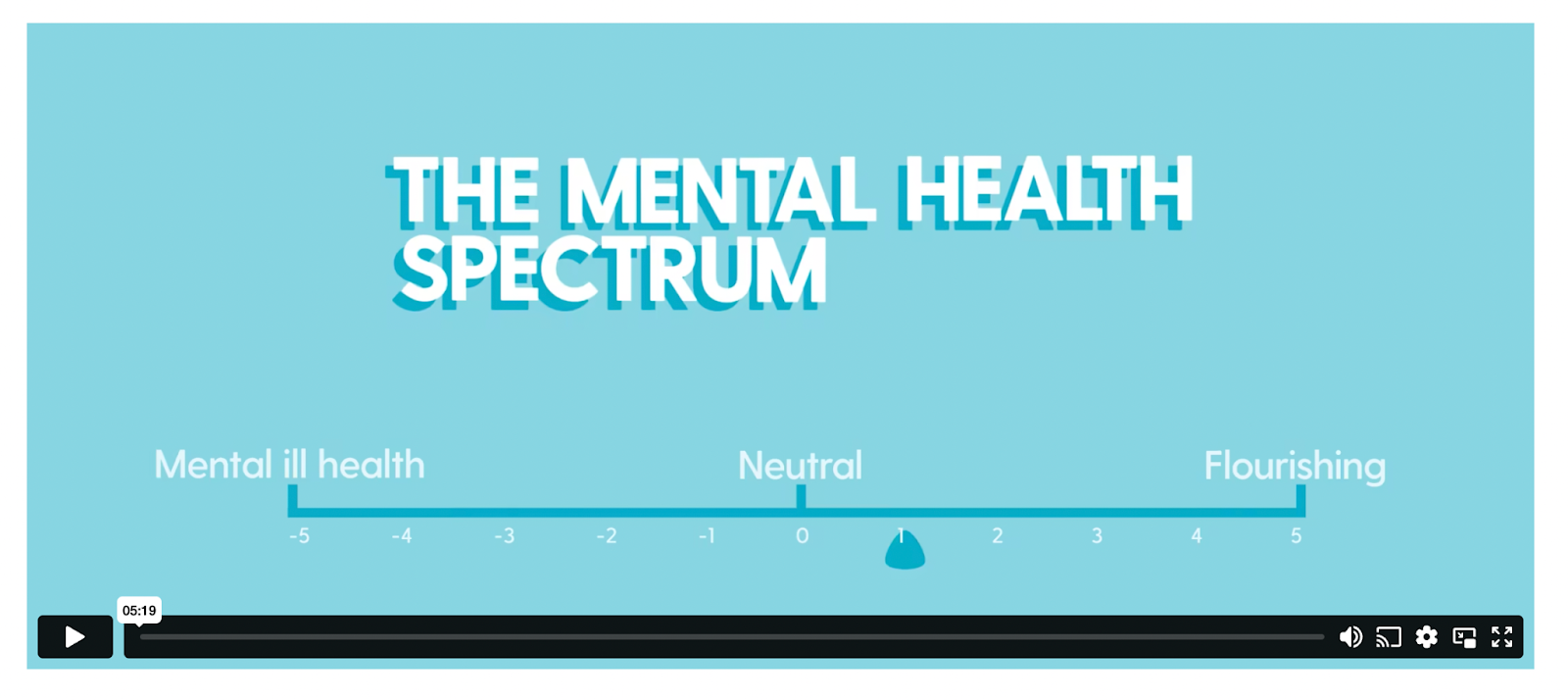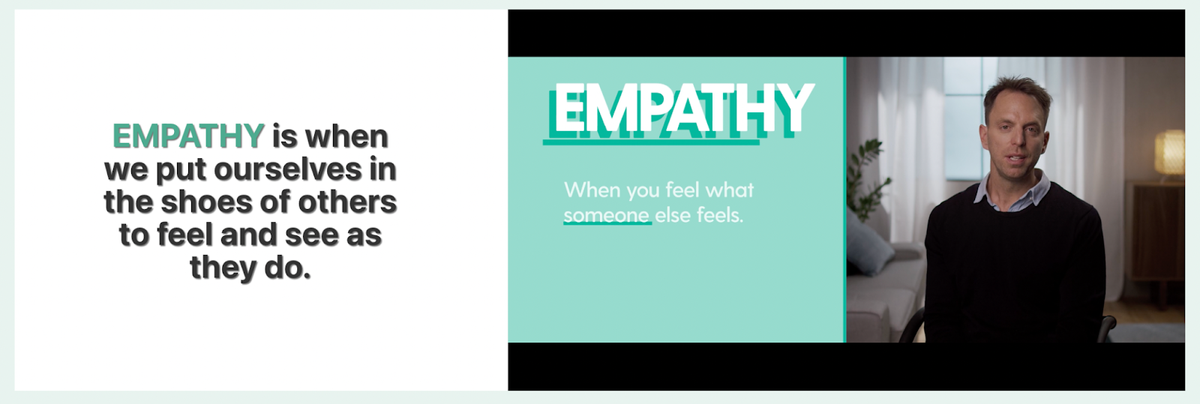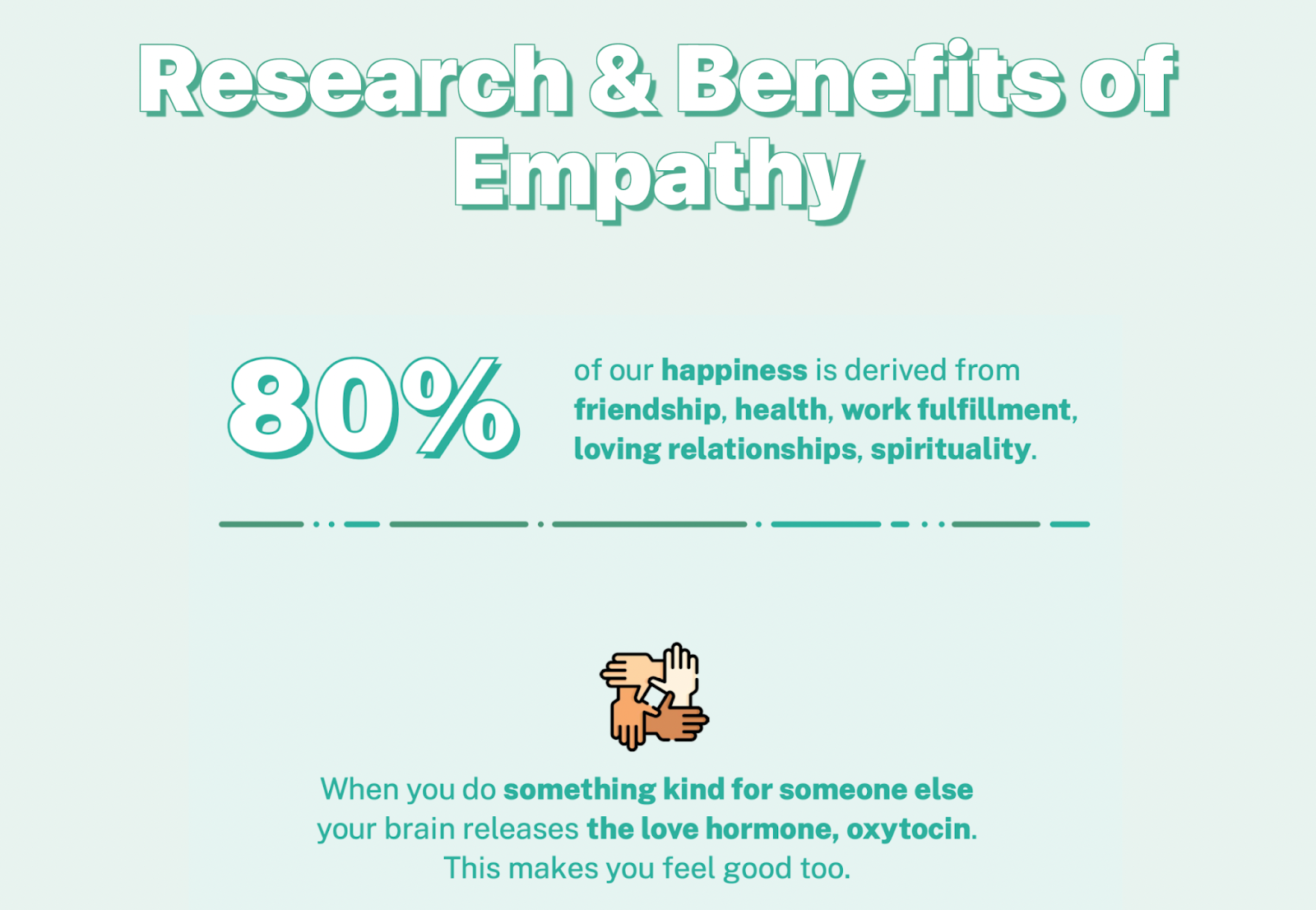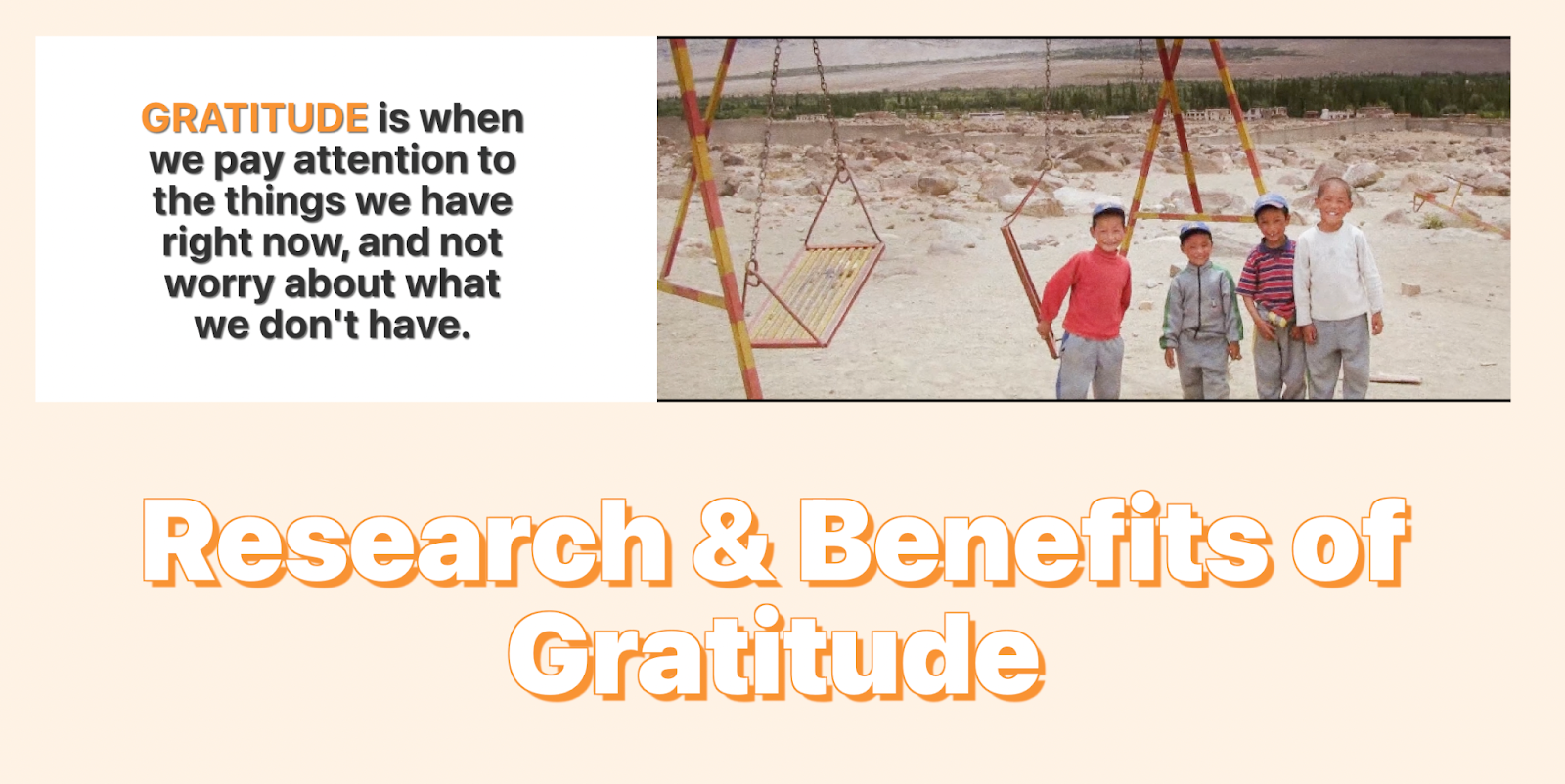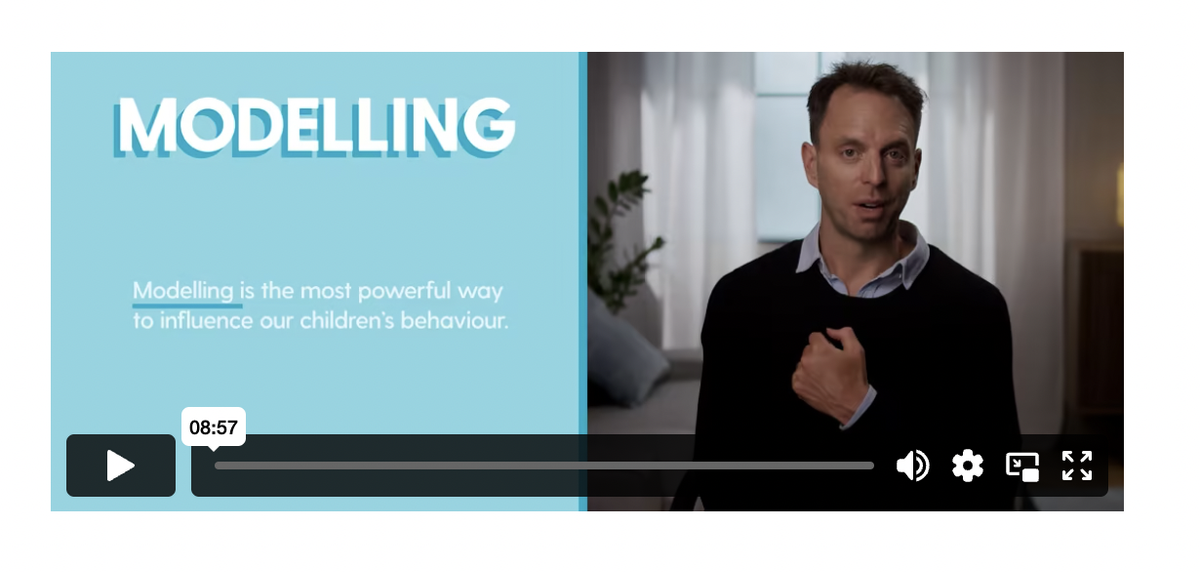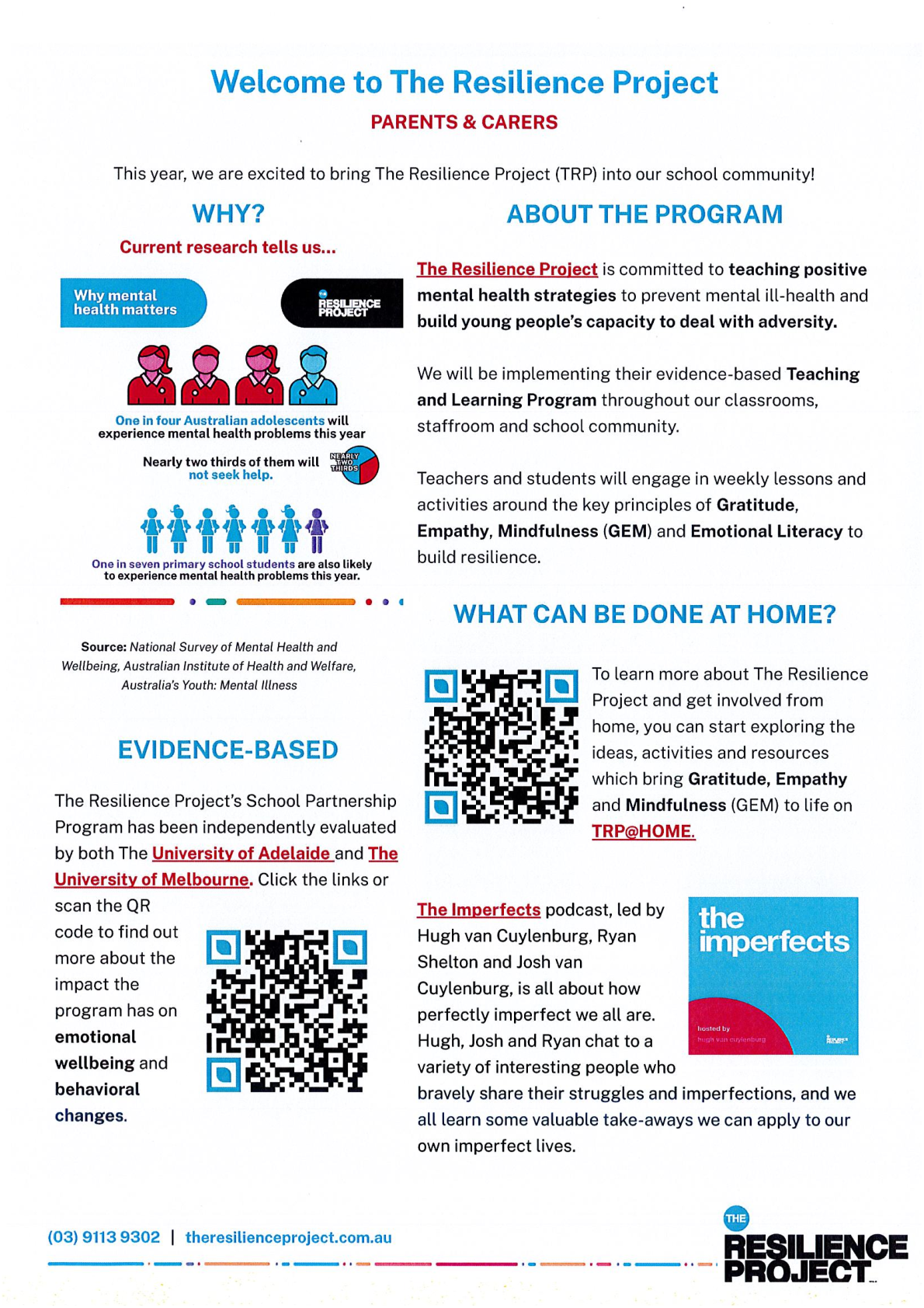The Resilience Project

TRP@HOME Spotlight
https://theresilienceproject.com.au/2023-parent-carer-hub-inspire-hugh/#gratitude
This week we spotlight a video from Hugh van Cuylenburg. Hugh speaks about adversity and how this can be useful to the development of resilience in children. As parents, we have an important role to play in supporting our children to work through adversity without denying them of the learning experience which in turn, will incrementally set children up to be well equipped to manage subsequent challenges in their lives as their issues and challenges become more complex as they age.
The video can be found in the link/image above.
Update - What’s happening in the Hubs about The Resilience Project.
Last week, Luke from the Resilience Project worked with the teachers to unpack a snapshot of our Resilience data gathered from the Resilient Youth Survey undertaken by students in Grades 3 - 6. The staff explored ways to infuse resilience and coping strategies into our daily practice in line with TRP Curriculum. The Hub Educators participated in deep conversations about what we are noticing relating to the wellbeing of our children and discussed ways to incorporate the Resilience Project into our Ready to Learn daily routines. Next term we look forward to contextualising The Resilience Project Curriculum to our St. John’s School context and sharing these learnings and strategies with our families.
https://theresilienceproject.com.au/2023-parent-carer-hub-inspire-hugh/
This week we spotlight the video from Hugh van Cuylenburg about Empathy. The research is clear that daily expressions of kindness have a significant benefit for the giver with the release of oxytocin ( the hormone that helps us to feel love ). Exhibiting ‘Random Acts of Kindness” has benefits for both the receiver and the giver. Modeling this to our children and ‘thinking out loud’ as we do it, supports our children to understand the practical benefits of being kind (which is one of our key Ways of Working at St. John’s). Discussing how it makes us feel to do kind things for others lets them know that this is a habit or action to be valued and it benefits everyone. Being kind is also very important in supporting a person’s personal mental health. Supporting children to think of others before themselves can help them to tune into what it means to an empathetic person and to imagine an experience from another person’s perspective. This is especially important as children learn conflict resolution skills and develop close interpersonal relationships with their friends. We can teach our children this effective strategy, leading to the development of resilient children.
Update - What’s happening in the Hubs about The Resilience Project.
Next week, Luke from the Resilience Project will be working with the teachers to guide us in the development of Teaching and Learning Curriculum using The Resilience Project resources. The Hub Educators have completed the introductory sessions and the children are currently learning about recognising and expressing emotions. This skill becomes more complex as children age and building emotional literacy becomes a core component in supporting our children to develop and sustain positive relationships and effective communication.
The video can be found in the link at the top of the page
This week we spotlight the video from Hugh van Cuylenburg about Gratitude. The research is clear that daily expressions of gratitude create habits that enable us to begin scanning our world for positives. When we model this to our children and when we ‘think out loud’ as we do it, our children can hear our reasoning and process why this practice is beneficial in supporting their mental health. We can teach our children this effective strategy, leading to the development of resilient children.
The video can be found in the link above.
Update - What’s happening in the Hubs about The Resilience Project
The children in your child’s Hub have been engaging with the introductory videos and the learning activities that provide the Big Picture understanding of the program and the GEM (Gratitude, Empathy & Mindfulness) key principles.
Ask your child what they have learned about The Resilience Project so far. Continue to encourage your child to practice the GEM strategies everyday. Keeping a gratitude folder in your photos app on your phone is a great way to remind yourself of all of everything that you feel grateful for.
(And children love scrolling through photos on mum and dad’s phone). What a great opportunity to start a conversation about gratitude and why your chosen photos make you feel grateful.
Please take a look at this introductory video from Hugh van Cuylenburg to give some insights about modeling practices to our children that we use to support our own mental health and wellbeing. Hugh will introduce you to the stories that have been the springboard of the great work that is The Resilience Project.
The video can be found in the link above.
Children learn from watching as much as they learn from conversations and the explicit teaching that we engage in together. When you are regulating your emotions, help your child to recognise what is happening for you by naming how you are feeling and what strategies may help you to calm yourself.
In this presentation, Hugh shares a personal experience about his sister's battles with Mental Illness.
Note: This video contains a story about an Eating Disorder that may be triggering. Please consider this before watching.
Update - What’s happening in the Hubs about The Resilience Project.
Over the next 2 weeks, your child’s Hub is engaging with the introductory videos and the learning activities that provide a Big Picture understanding of the program and the GEM (Gratitude, Empathy & Mindfulness) key principles.
Please ensure that you have conversations with your child about what they are learning during Ready to Learn incorporating The Resilience Project.
Family Information
Links


